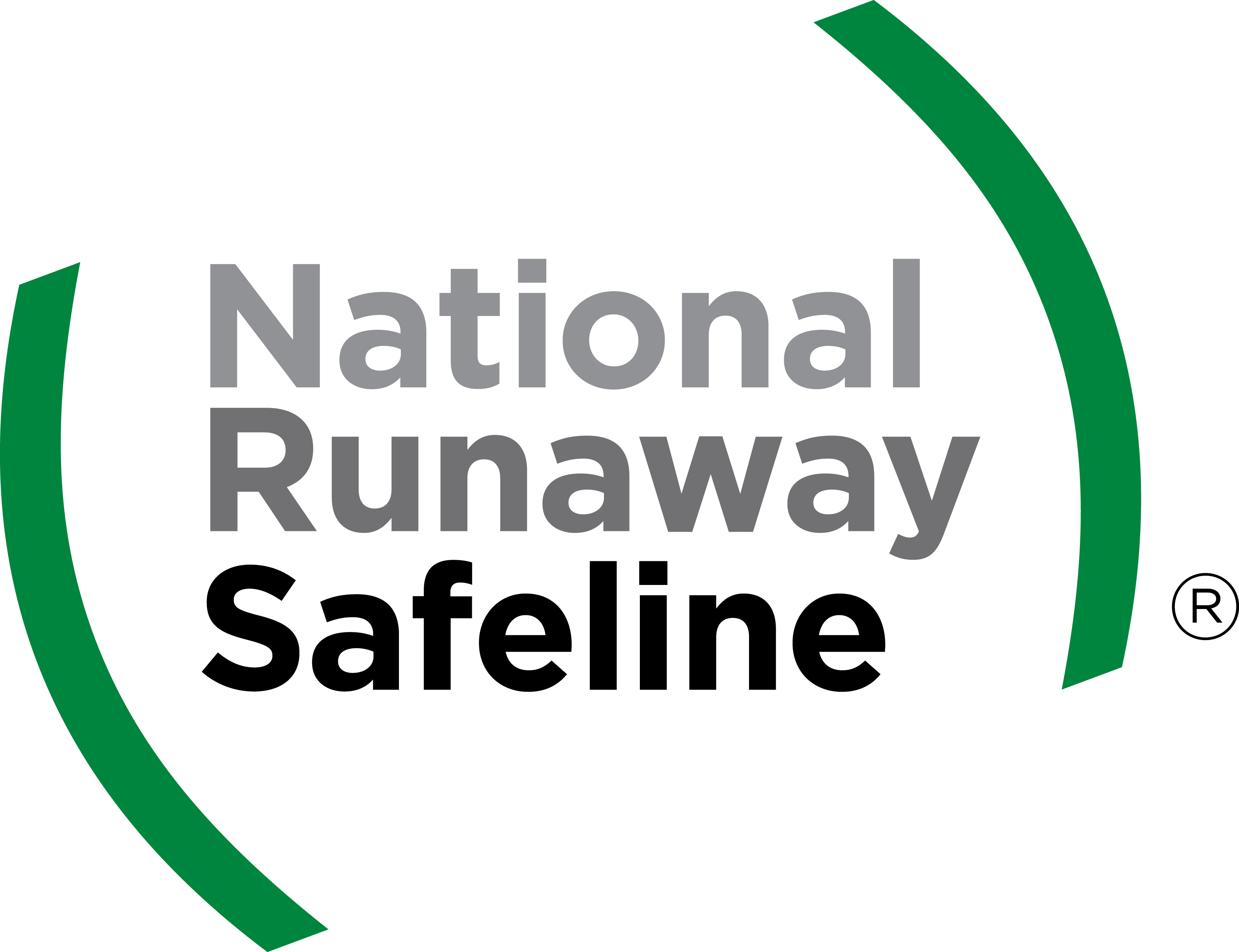
The Family and Youth Services Bureau (FYSB) funds an array of contracts and cooperative agreements to support its Runaway and Homeless Youth (RHY) Program grantees and advance its mission to end youth homelessness. Collectively known as the Runaway and Homeless Youth Program Network (RHYPN), this partnership consists of organizations that provide guidance to clients, grantees, and the youth-serving field. RHYPN consists of the Runaway and Homeless Youth Training, Technical Assistance, and Capacity Building Center (RHYTTAC), the National Communication System, the Runaway and Homeless Youth – Homeless Management Information System (RHY-HMIS), and RHY Peer Monitoring support.
RHYPN Goals:
- Maximize training and technical assistance support to all programs serving RHY
- Enhance and expand existing resources
- Disseminate resources to reach the broadest audience

Operated by Youth Collaboratory
The Runaway and Homeless Youth Training, Technical Assistance, and Capacity Building Center (RHYTTAC) is the training and technical assistance provider for all runaway and homeless youth (RHY) grantees. RHYTTAC assists FYSB grantee agencies in developing and implementing effective approaches to serving young who have run away and/or are impacted by homelessness, accessing new resources, and establishing linkages with other programs with similar interests and concerns.
RHYTTAC Goals:
- Provides direct capacity building supports to programs and communities through technical assistance (TA), training, and an online learning platform and community;
- Develops tools and resources, manages various communication channels for disseminating these resources; and,
- Leads a coordinated strategy across federal departments and the RHYPN.
Access TA | Subscribe for Updates | Contact RHYTTAC

Operated by National Runaway Safeline
The National Communication System (NCS) provides critical crisis intervention services for youth and young adults ages 12-21 and their families 24 hours a day, 365 days a year. Through hotline, online and prevention services, a team of trained staff and volunteers offer youth experiencing crisis and/or homelessness or who have run away, access to confidential, non-judgmental, non-directive support and referrals to local and national resources. The NCS team works to identify options for youth to help prevent runaway or homeless episodes and to develop a plan to improve their immediate situation. Additionally, NRS offers free educational and outreach materials including the Let’s Talk: Runaway Prevention Curriculum, hosts the Let’s Talk Podcast and leads a national awareness campaign currently known as National Runaway Prevention Month (NRPM).
NCS Goals:
- Provide youth experiencing homelessness or who have run away with no-cost communication systems for crisis intervention, family mediation and facilitated contact and access to local and national resources.
- Offer prevention counseling, transportation and family reunification services, and a nationwide network of resources and referrals for families.
- Conduct outreach, promote awareness, and distribute prevention materials nationwide.
Learn More | Call 1-800-RUNAWAY (1-800-786-2929) or Visit 1800RUNAWAY.ORG | Subscribe for Updates

Operated by Abt Global
The Runaway and Homeless Youth – Homeless Management Information System (RHY-HMIS) Repository is the web-based portal used by RHY grant-funded organizations to upload de-identified client data. This use of data helps RHY grantees and communities understand the prevalence, characteristics, service utilization, and outcomes of youth served by RHY programs, and has the potential to identify and plan policies and practices to accelerate efforts to prevent and end youth homelessness.
All RHY programs (Street Outreach, Basic Center, Transitional Living, and Maternity Group Home, Prevention Demonstration Program) need to use HMIS to record data. Grantees should connect with their CoC's HMIS lead for setup and training. Data must be uploaded quarterly via the RHY-HMIS Repository. Compliance is guided by the Runaway and Homeless Youth Act regulations.
RHY-HMIS Goals:
- Track uploads, provide support, and report on completion rates to RHY office quarterly.
- Prepare for each reporting cycle, resolve issues, conduct data analysis, offer technical support and training to RHY grantees.
- Train new grantees and prepare materials to support data recording and reporting for RHY Programs.
RHY-HMIS Repository | RHY-HMIS TA & Resources | RHY-HMIS FAQs

Operated by Gray Matters Technology Services
The Peer Monitoring contractor, Gray Matters Technology Services (GMTS), supports the Family and Youth Services Bureau’s (FYSB) Runaway and Homeless Youth (RHY) Program by providing peer monitoring, performance management, and logistical management support services.
FYSB’s RHY Program funds grants that support street outreach, youth emergency shelters, and transitional living and maternity group home programs. Under legislative mandate, these RHY grants receive an onsite monitoring and quality assurance review at least once within three consecutive fiscal funding years to: a) determine whether grants are being used for the awarded purposes; b) collect additional information for a biannual report to Congress; and c) provide information and assistance to the grantee that will enable them to improve the operation of the centers, projects, and activities funded by the FYSB RHY grant.
Under the leadership of Federal Project Officers (FPOs), trained Non-Federal Peer Monitors—who have substantial experience with RHY and RHY programming—participate in onsite monitoring to provide support for federal staff and technical assistance to grantees. While their use is optional, Peer Monitors typically participate in over 95% of the reviews conducted each year.
GMTS also provides a range of support services for FYSB, Peer Monitors, and directly and indirectly to RHY grantees, including but not limited to:
- Recruitment and training of new FYSB RHY Peer Monitors;
- Continuous training of Federal Project Officers (FPOs), FYSB staff, Peer Monitors and RHY grantees;
- Training of grantees as to their role in the review process, and what to expect when reviewed;
- Management of the Peer Monitoring Data Management System (PMDMS), which provides information on Peer Monitors’ skills and experience, as well as tools to support FPOs in onsite and desk monitoring;
- Data tracking and analysis supporting FYSB planning and policy-making and continuous improvement of the monitoring process;
- Support identifying qualified, trained Peer Monitors to accompany FPOs on onsite reviews, and
- Travel and logistics management.
Email your Federal Project Officer for details about support.
|